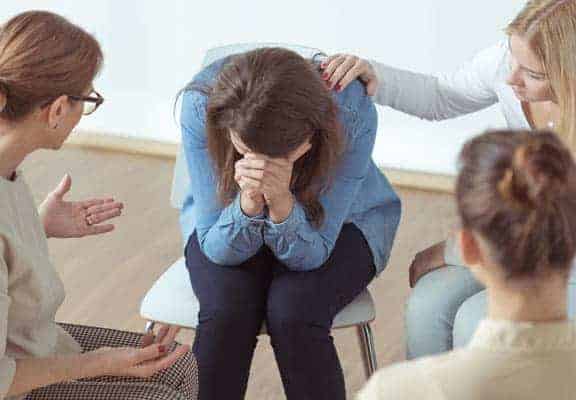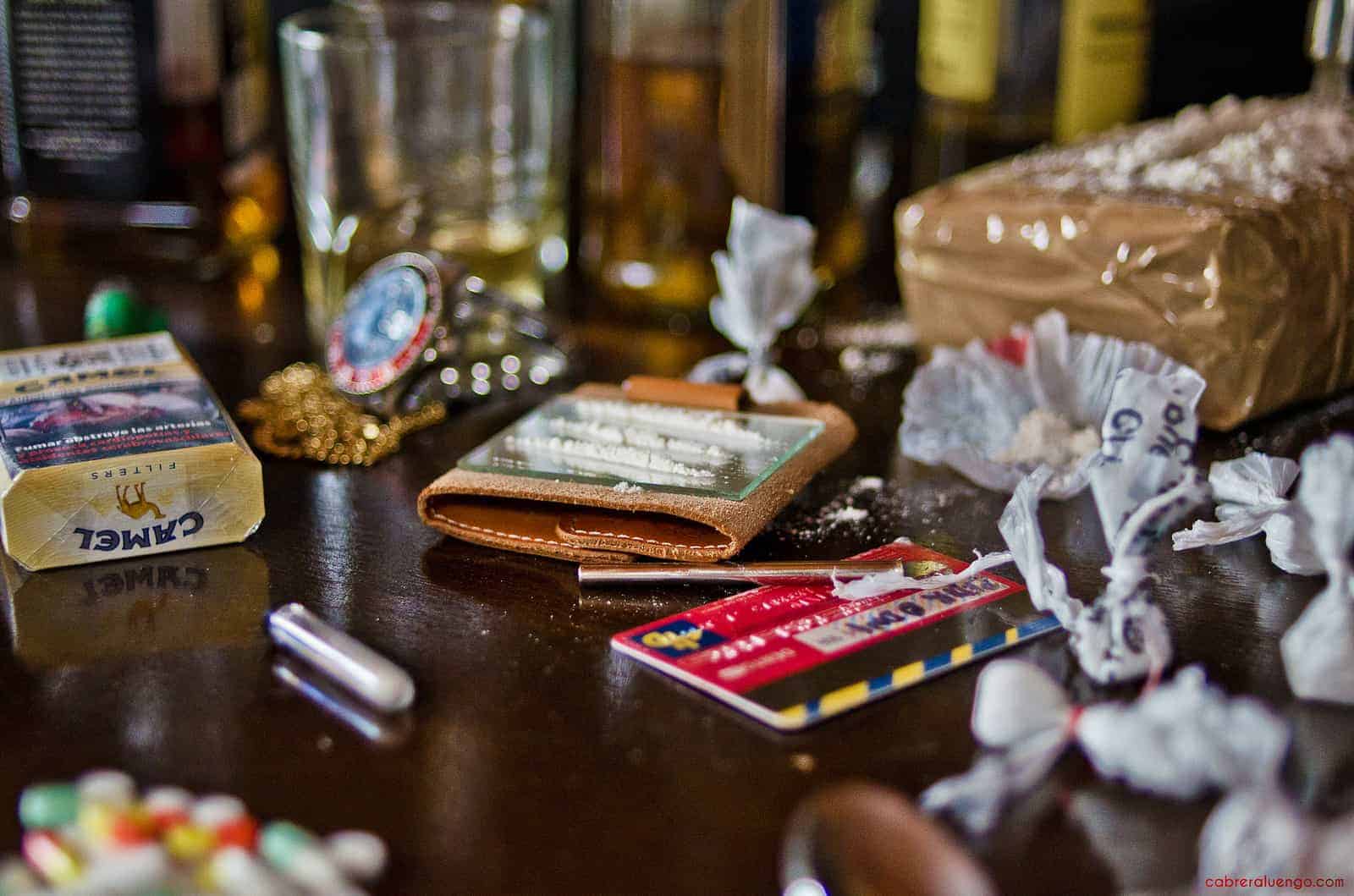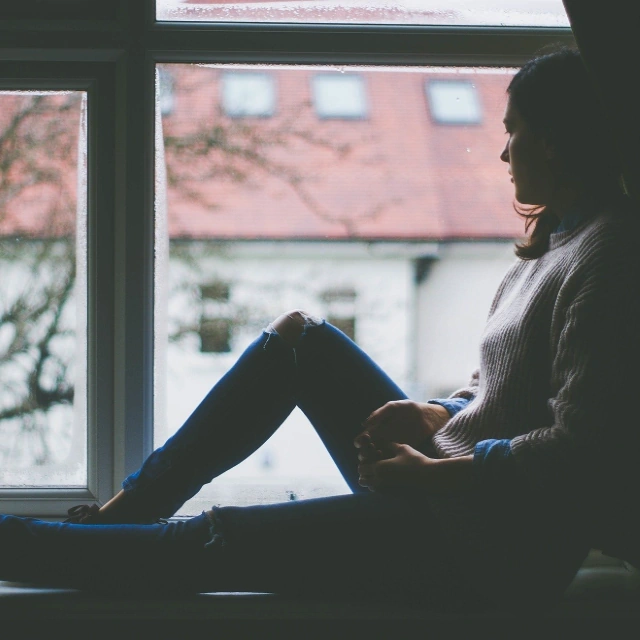The Effects of Alcoholism on Children
Alcoholism on Children – There was an item on the news this morning about how many children in the United Kingdom suffer from having at least one of their parents who drinks. A report based on research carried out for the Children’s Commissioner for England suggests that more than 90,000 babies live in the United Kingdom with a problematic drinker and as many as 2.5 million children in the UK (a fifth of all children) live with a parent whose alcohol intake is ‘hazardous’ that is, risky for themselves or their child.
As someone working in the field of alcohol and drug abuse. It does not surprise me that the report draws attention to the fact that more children in this country are affected by alcohol abuse than drug abuse. But that the problem is not taken as seriously by the authorities.
Alcoholism on Children
First, I need to confess that I am one of those parents who abused alcohol and seriously affected her children. Being in recovery now, this is still something which pains me greatly to write. It is something which I cannot alter. At the time, until the last few weeks of my drinking, I really thought I was still a good mother as I held down a good job, provided for my family, shopped, cooked and did the washing, ironing and cleaning. However, I knew my drinking concerned my children and I knew I had to hide it from them. I thought I was quite good fun most of the time.
I was an Embarrassment
In hindsight I now admit that at times my slightly drunken behaviour was not fun but was embarrassing. My children looked at me when I or they came home to see if there were signs that I had been drinking. They would know even when I was sure there were no signs. Apparently I showed it on my face. It could be a look, slightly glassy eyes, a slightly unsteady walk, tiredness etc.
I now also see that as a result of my obsession with alcohol I did not want to give my children as much time as I could have. Wanted to get back to a drink. I was not emotionally there for them as I should have been. By the end of my drinking, I absolutely knew I was not being a good mother as I could barely function and spent much of my last few weeks before giving it up snoozing and barely leaving my bedroom.
Stories from Children of Alcoholics
Now, I hear from many concerned adult children in my work. I see other younger children affected by their parent’s drinking. Here are two stories from people who have been in touch with the Haynes Clinic:
“My mother was dependent on alcohol, she drank every single day which not only affected her, but stopped her from mothering her children the way she could have done if sober.
The older I got, the more responsibility I took on. I was always the emotional support for my mother, skipping school to be with her, fetching drinks from the kitchen when asked, keeping an eye on my younger brothers and cousins and most tragically being her only friend, sitting and listening to her and doing everything I could to be there for her… and I did this all as a child. Never felt resentful towards my mum as a child. Mainly because I was too young to be able to identify the emotion, but I did have several feelings towards her.
Felt sorry for her, and shared her desperate sadness but most of all I felt worry, that deep anxiety where you don’t know what is going to happen from one day to the next. My mother’s erratic and irrational behaviour when drunk would soon start to affect the way I acted around others, knowing that when at school or out of the house, I was hiding a depressing home life, hiding a secret that I lived in a torn and dysfunctional family”.
Difficult and Confusing
“Growing up as a child with an alcoholic parent was difficult and very confusing. My mother was an alcoholic from when I was very young. This made me feel very different as a child from other children around me. School was really difficult when I was growing up because of the fear of my mother either failing to pick me up or turning up at the school drunk or me getting home to find her drunk on the floor or being aggressive towards me or even hurting me physically.
As my mother’s illness got worse and I got older, I tried harder to stop her from drinking. I would come home from school and find her passed out in bed. Would throw away the bottles she had hidden as I couldn’t understand why she didn’t stop drinking and why she didn’t want anything to do with me. I just wanted my mum back. The drink was more important than me. Birthdays and Christmas time were even worse. They were supposed to be happy times but they weren’t for me as my mother would normally be drunk.
Kept Trying to Help Her
I kept trying to stop her and help her and as a result my schooling suffered. I wasn’t focused in class and became disruptive and more and more angry as my home life got worse. Would fight with my mother as I couldn’t control my anger because I felt so rejected and alone. Couldn’t tell anyone outside the family what was going on at home. I didn’t see my friends outside of school because I couldn’t invite them round because of fear of them seeing my mother passed out or being abusive to them or me. Ended up not wanting to be around my mother and at the age of 17 I moved away as I couldn’t deal with her any more.
Effect of Alcoholism on Children – Last Time I Saw My Mother
At the age of 21 I saw my mother for the last time. She had taken her last drink at the age of 50. She was admitted to hospital and in intensive care with internal bleeding. Died that day 4hrs later in front of me and I couldn’t tell her how much I loved her. She was gone out of my life forever and I hadn’t spent the time I wanted with her. She had abandoned me again like she did when I was a child”.
If you are a parent who drinks too much, it is not too late to get help and stop now. I did, and my children are now proud of me in my sobriety. I can say in all honesty that I am now the best mother I could ever be!
The Haynes Clinic is an alcohol, drug and gambling rehab clinic which offers detox and counselling for people with addictions.
Call 01462 851414 for free and confidential advice.




